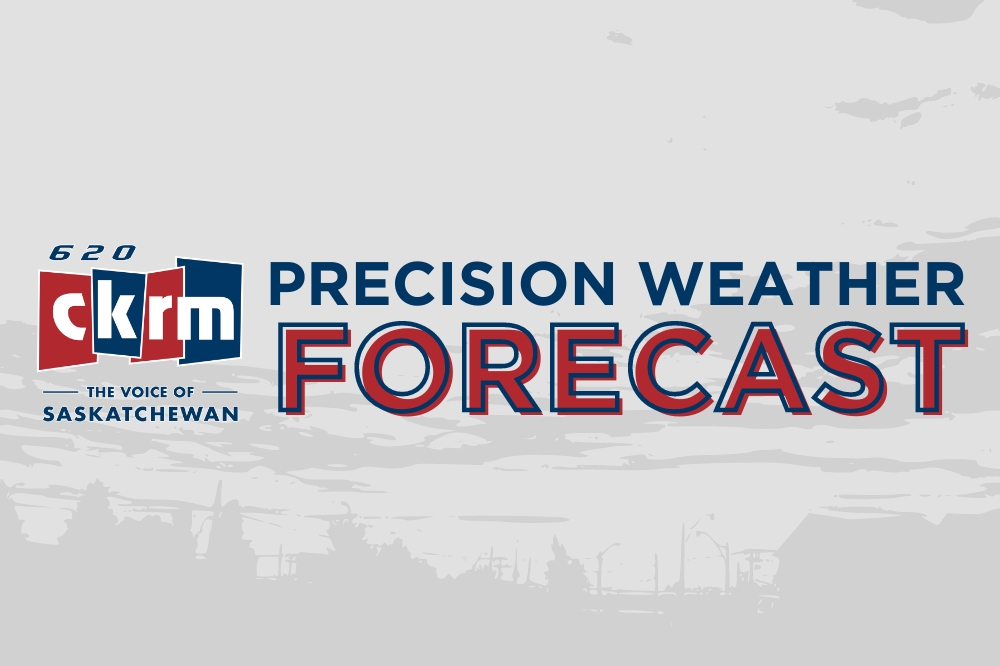A Future Commodity Advisor with Ventum Financial says the Bank of Canada’s decision to drop its benchmark interest rate shows the Central Bank maybe convinced that price pressures are under control, and are focused on a soft landing for the Canadian economy.
The Bank reduced its rate to 4.5 per cent, the second consecutive decrease since June, citing a reduction in the inflation rate and weaker economic conditions.
“This does mark a shift in the Bank’s attitude towards inflation because that’s been on everybody’s mind is what is it going to take for the Bank of Canada to kind of keep decreasing rates,” said Adam Pukalo.
Pukalo quoted a piece of Bank of Canada governor Tiff Macklem’s prepared statement that said “with the target in sight and more excess supply in the economy, the downside risks are taking on increased weight in our monetary policy deliberations.” Pukalo says the “downside risks” stood out to him and is something he will talk to clients about. When asked what he would say to farming clients, Pukalo said there are two questions: the first, what is their plan with cash in their bank account or savings account, because while the relatively high interest rate has benefited a savings account, Pukalo believes it won’t last forever; and the second is how does the interest rate decrease affect a farm’s debt, especially if they are expanding or downsizing.
The Bank of Canada indicated more cuts could be made in the future if inflation also goes down. Last month, the inflation rate dropped to 2.7 per cent after briefly going up in May.
Pukalo believes the rate will drop more but probably over the next year or two, if all factors “point in that direction”. “I don’t think that we’re going to see them stay elevated for an extended period of time, mainly because the household debt here in Canada, and debt in general, is quite substantial compared to other major countries, so if we can see rates even come down closer to that 3.5 per cent – another one per cent lower – I think that could be maybe a good target generally for the economy.”
Macklem stated household spending has been soft due to weaker economic growth, but looking ahead, “economic growth is expected to increase in the second half of 2024 and through 2025”, reflecting “stronger exports and a recovery in household spending as borrowing costs ease.”
Macklem also warned getting to the target of two per cent likely won’t be linear.








